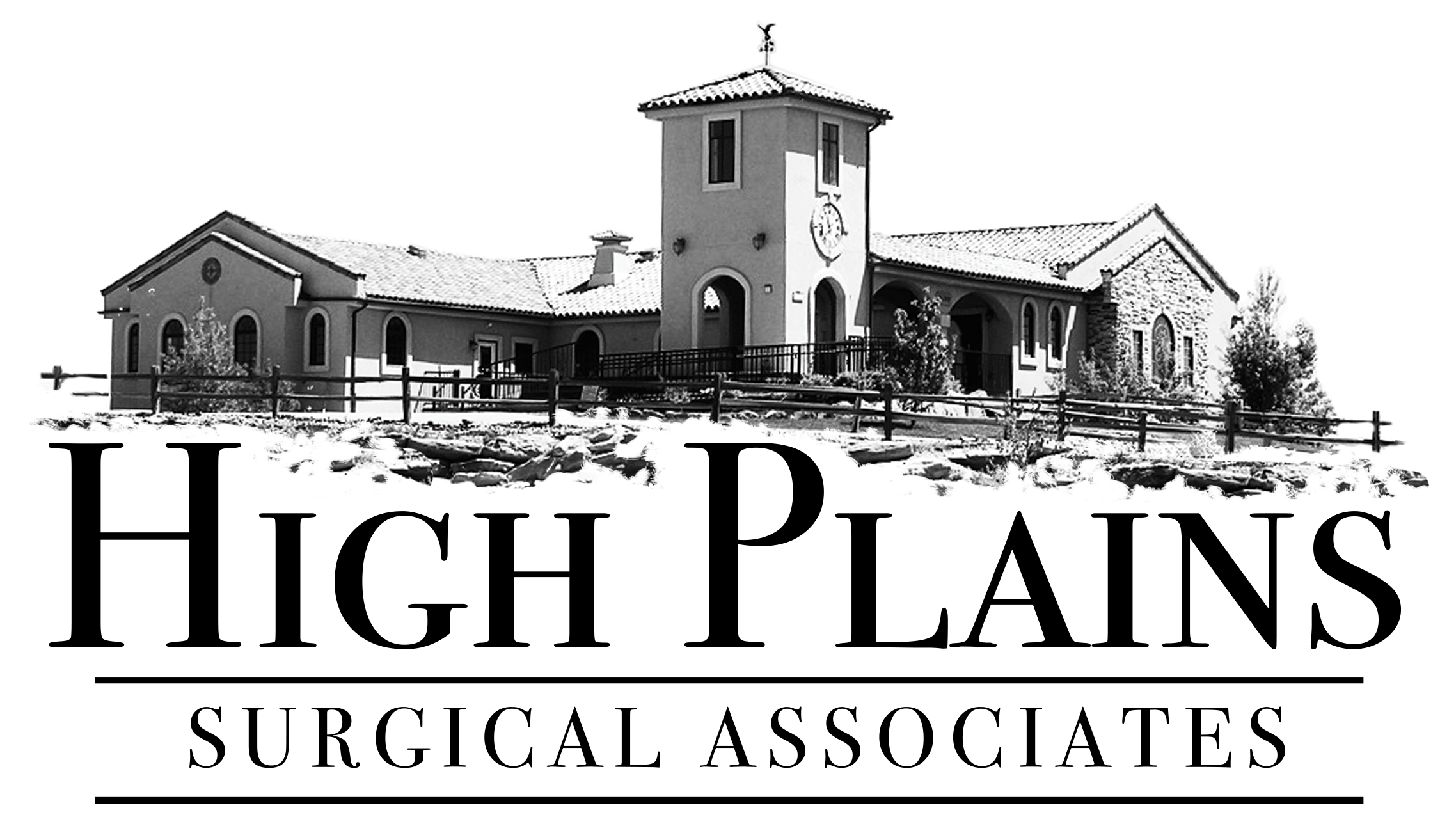Small Bowel
The small bowel, or small intestine, is a hollow tube ranging from 20-30 feet long making it the longest part of the digestive system. It is about 1 inch in diameter. This tube runs from your stomach to the large intestine and then folds several times so that it can fit inside your abdomen. The small bowel breaks down food from your stomach, and then the lining absorbs nutrients, vitamins, minerals, and water. This organ consists of 3 parts which are the duodenum, jejunum, and ileum.
Small Bowel Obstruction
A small bowel obstruction is when the small intestine is partially or entirely blocked. This blockage causes waste and matter to build up above where the blockage is. It can occur in people of all ages.
Symptoms
Malaise
Lack of appetite
Severe constipation--In cases of complete obstruction, a person will not be able to pass stool or gas
Abdominal (stomach) cramps and pain
Bloating
Vomiting
Nausea
Dehydration
Complications
If you leave this condition untreated, severe, life-threatening complications can occur:
Tissue death: Part of your blood supply to your intestine can be cut off if you have a small bowel obstruction. When you don’t have enough blood, the intestinal wall starts to die. Once the tissue dies, the abdominal wall can start to tear leading to infection.
Infection: Infection in the abdominal cavity is a serious condition that requires immediate medical attention.
Causes of Bowel Obstruction
Adhesions: These are bands of scar tissue that may form after having abdominal or pelvic surgery. The leading risk factor for small-bowel obstruction in the United States is prior abdominal surgery.
Hernias: Segments of the intestine may break through a weakened section of the abdominal wall which creates a bulge. The bowel can become obstructed if it is trapped or tightly pinched in the place where it pokes through the abdominal wall. Hernias are the second most common cause of small-bowel obstruction in the United States.
Inflammatory disease: Inflammatory bowel disorders such as Crohn’s disease or diverticulitis can damage parts of the small intestine resulting in a narrowed intestine with the possibility of holes.
Malignant tumors: Cancer has a very low percentage of causing small-bowel obstructions. In most cases, the tumor does not begin in the small intestine, but it spreads to the small bowel from the colon, female reproductive organs, breasts, lungs, or skin.
Treatment
Antiemetics: medications to help a patient from throwing up
Analgesics: mild pain relievers
Antibiotics: attacks any infection that you have
Bowel decompression: a procedure that involves a tube being guided into the impacted area in an attempt to reduce the pressure and address adhesions
Surgery
At High Plains Surgical Associates, Dr. Sara Hartsaw is well experienced in this area. With vast knowledge and expertise, your problems can be solved. This medical clinic has been offering their services to the community of Gillette, Wy since 1994.



